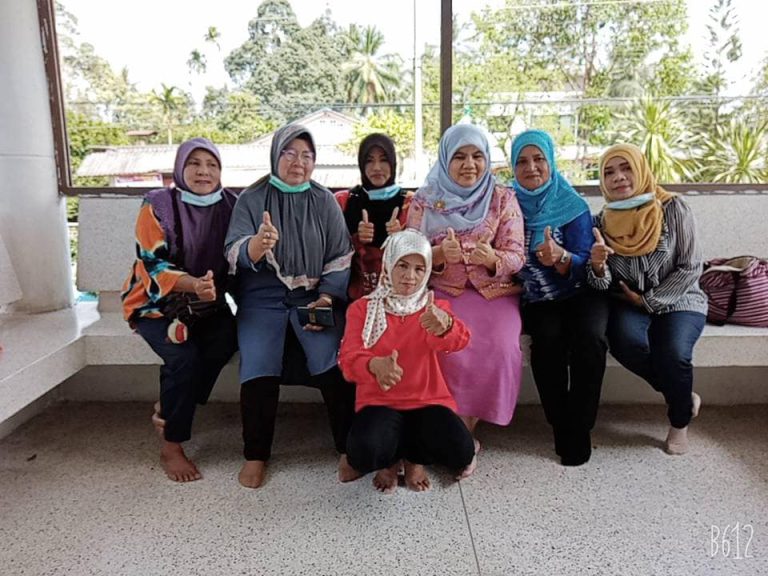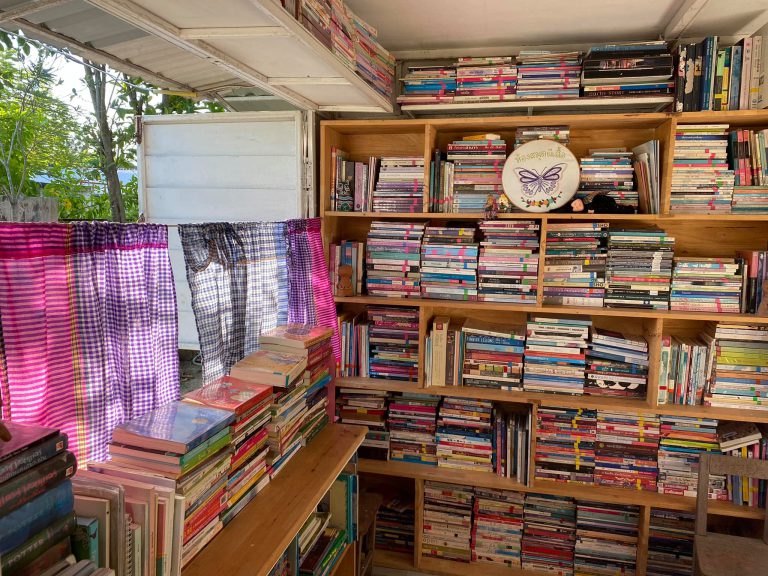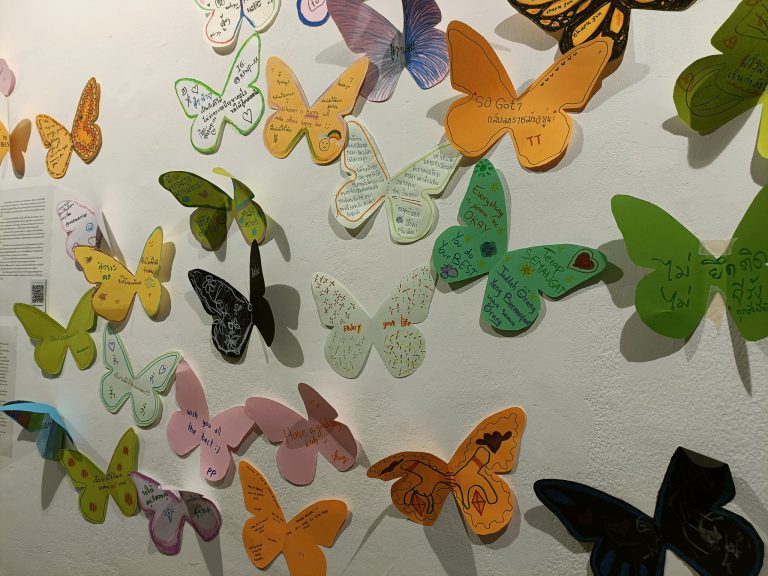Every Friday, Peaceful Death Facebook page will publish “Stories of Gratitude” publicly. It is the way to share stories of patients, caregivers, and people’s experiences of loss, exchange experiences and encourage each other. Khun Yo Pimpisa Rattanapanlop, the person behind the story, spoke about the origin of the project. Peaceful Death wanted to make the “Story of Gratitude” part of the culture of health that help change people’s view toward sickness and death, to make it a matter that leads to growth rather than duty. It is also a space to review the experiences of patients, caregivers, or related personnel through writing their own stories, making readers learn and contemplate internally until becoming a community where experiences are transferred and ideas are exchanged.
Stories that people submitted to join the activity have variety of contents i.e. the caregiver’s emotional transformation from the initial torment till when things are worked out, the loss of a dog, object, or heartbreaking events, etc. Khun Yo was highly impressed with these stories because every story is told in its own way, hence come across unique and different. But there are two stories that Khun Yo is particularly interested in.
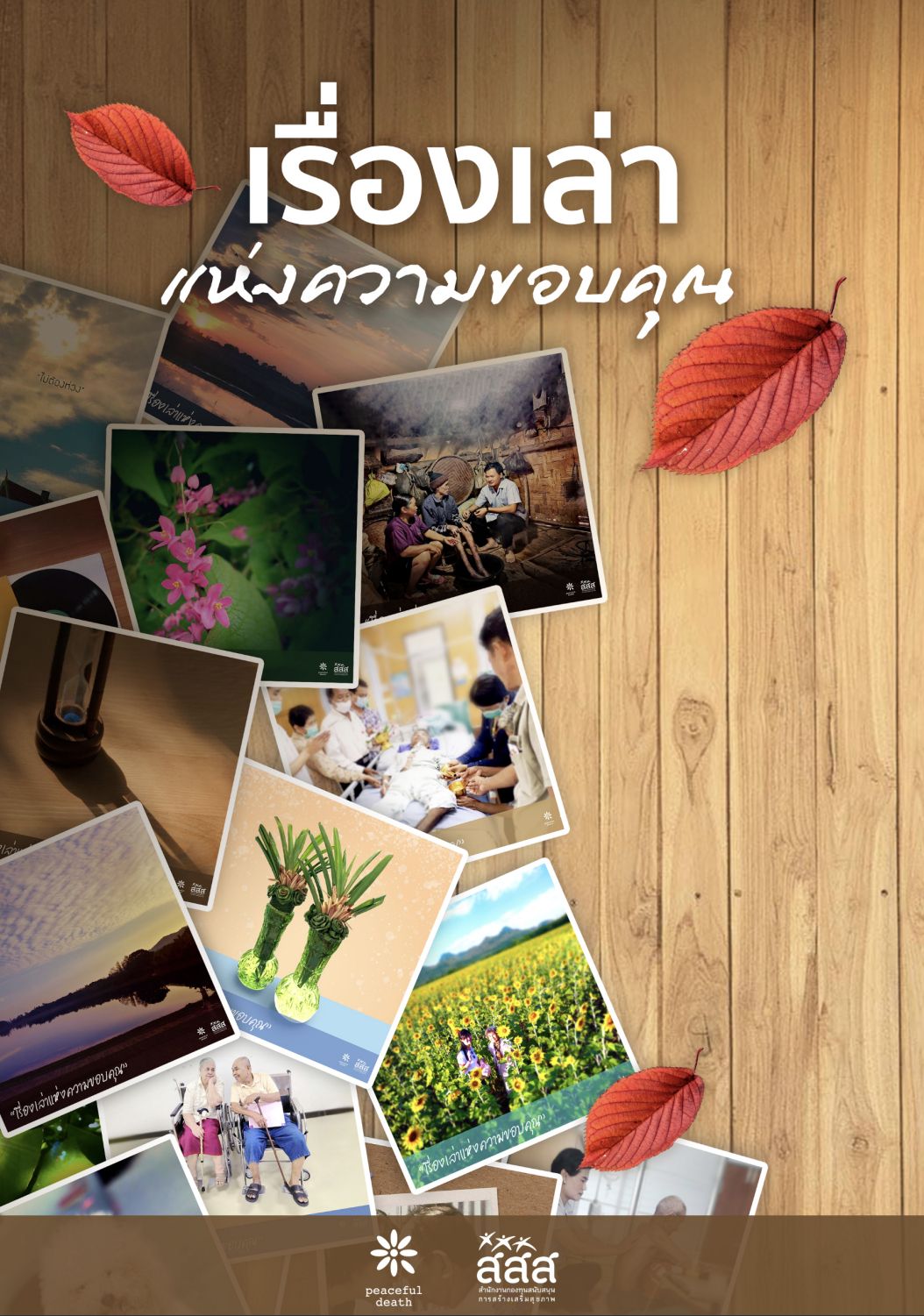
The first is a story about an elderly father with Alzheimer. When you read the story, you get knowledge about taking care of patients, have more understanding of others and get to prepare oneself as caregiver as well. The story is suitable for caregivers who have to take care of end-of-life patients. When Khun Yo shared this story to the caregivers of patient with the same disease, it made them feel calm.
The second is a story that doctor wrote about his patient in a remote village. A patient had rashes spreads all over the body, while the neighbour misunderstood that it was a serious disease and dared not to associate with. This reflected lack of understanding about the disease in the society, resulting in hurting each other. But the illness was relieved by the medical team who gave the treatment and advice on proper care to the patient, bring back a good life to him/her.
Most of the stories told are mainly related to loss with the intention to release or negative tone. But the owner of the story felt grateful, possibly to thank ownself, the patient, and others involved.
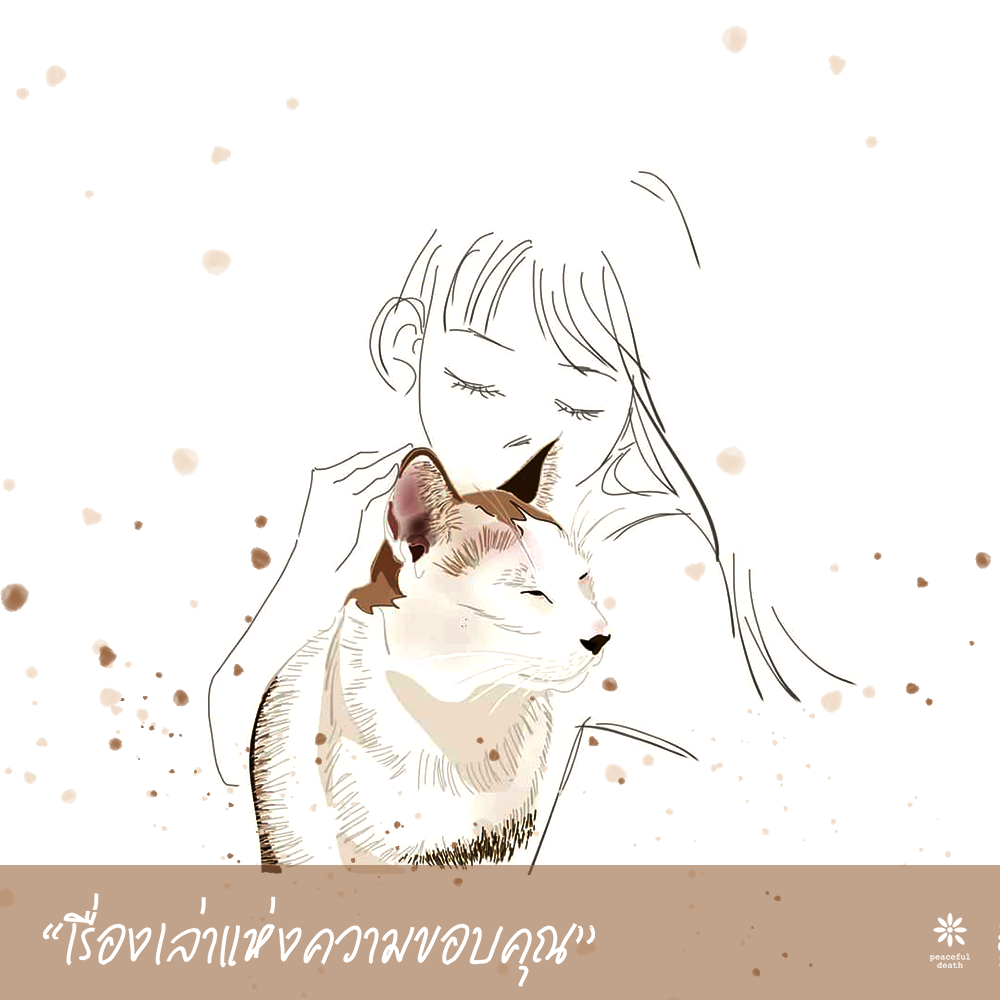
Currently, the project is getting into the second year with good feedback. Each story had viewers ranging from 6,000 – 20,000 people, with people sharing from tens to hundreds. There were profound encouraging comments to story writers and readers, which admin team would share to the author to acknowledge the impact of the story to others. The project also received a thank you email with the sharing of own story.
Khun Yo is delighted to be part of the project and created this community because it makes her learn and grow. She used to be a caregiver with an attitude of caring patient is duty, which made her suffered. Experiencing about other stories transformed her attitude towards illness and death to be more positive. She got to practice about caring and accepting that illness and death is common matter that everybody need to face. Because she felt that someone listening to what she was doing, there’re supporting group of friends, there’re stories shared and exchanged between each other. The more opportunity she got to know about the “Stories of Gratitude” community, the more powerful the transformation is.
Khun Yo would like this “Story of Gratitude” be one kind of living well and dying well community, with people continue to share their good stories. Because she believes that lessons learned from people’s lives will help humans grow and she hopes to expand the framework of the “Story of Gratitude” to be linked to the Baojai book and CoCoFa (Compassionate Community Research and Development Institute Foundation) to create a space to share and comfort for each other.
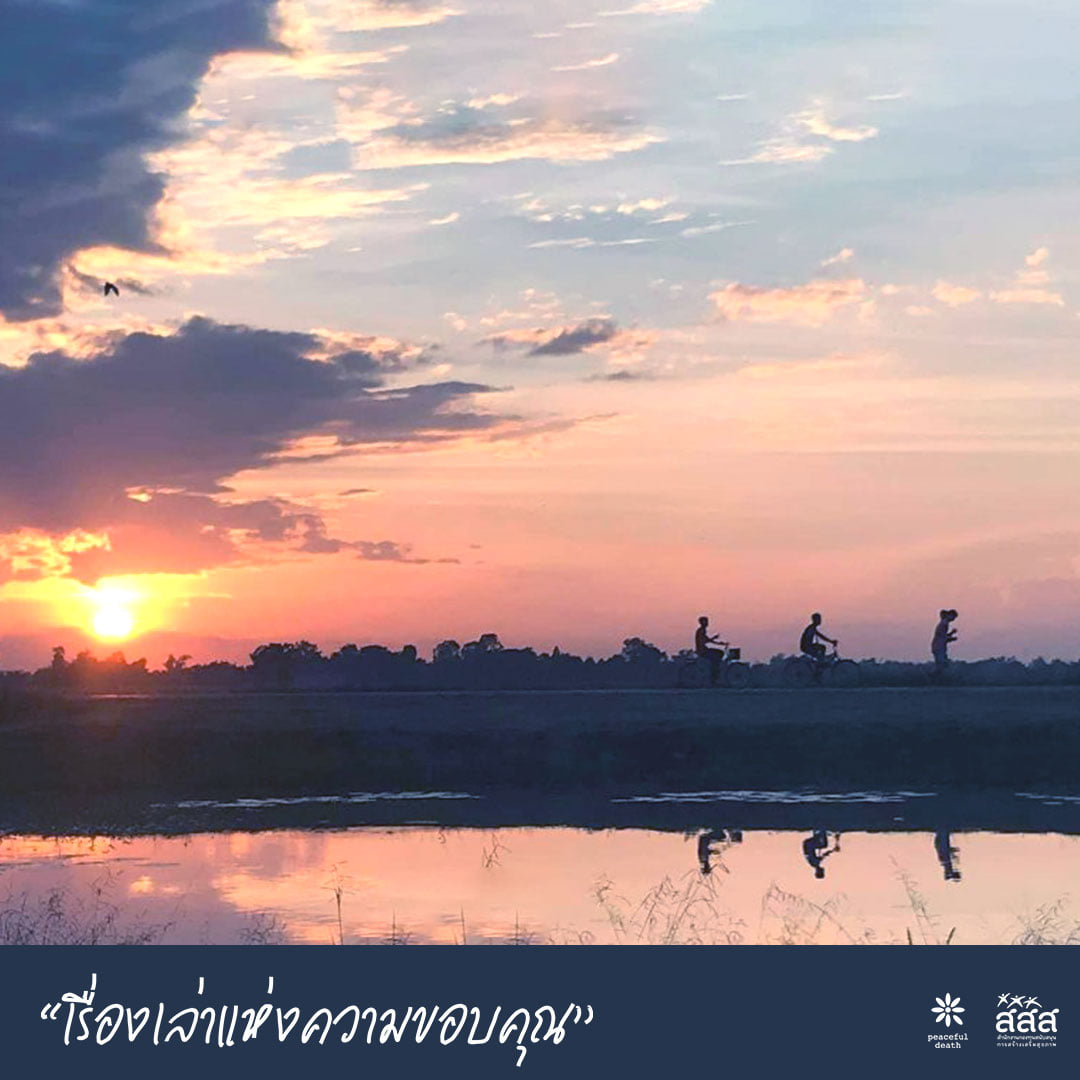
For those who are interested in writing stories to publish in the project, Khun Yo suggests that you write from the stories impressed you, whether positive or negative perspectives. Or try reading other people’s stories in the project to learn different perspectives according to each person’s experience and find observations to adapt to your own writing.
Release: 2 May 2020
Author: Surapin Yusawang
